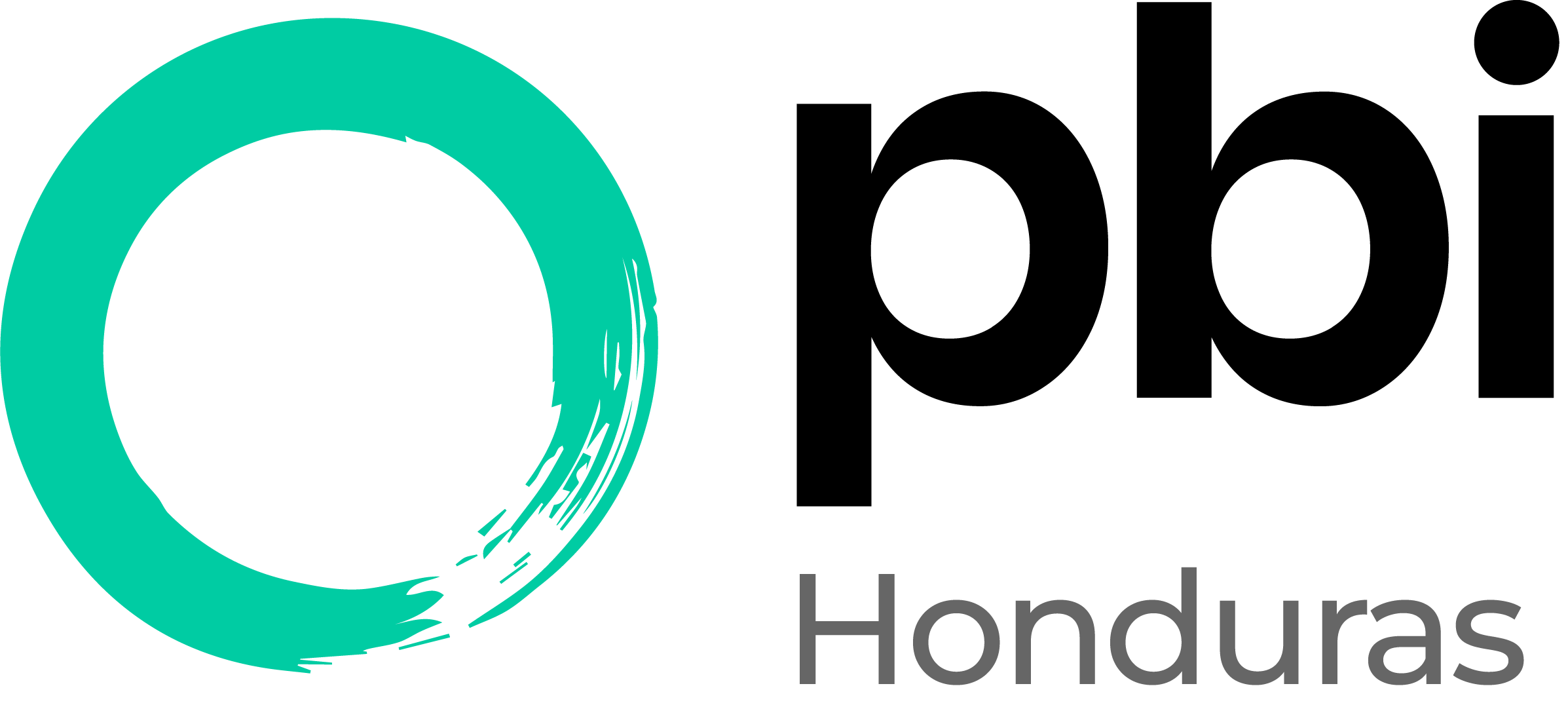Andrea Regina Pineda is a Honduran lawyer commited to the defence of land rights and human rights with the Honduran Centre for the Promotion of Community Development (CEHPRODEC). In of October, he participated in a virtual tour in which she held meetings with various europenas authorities in the framework of the Universal Periodic Review (UPR), which will examine the human rights situation in Honduras during this month of November. In an interview with Aline Geissmann of PBI Switzerland, she speaks on her work and dreams.
As a child, Pineda had a strong sense of justice. She always wanted to work for social justice when she grew up. She later decided to study law, because she was convinced that it was the best way to help women, children and other vulnerable people. She completed her studies in a private university. “My classmates hardly ever talked about the human rights situation in Honduras; we never talked about the political crisis or the protests. They were taboo,” the 24 year old recalls. “Most of them lived in a bubble, in a world apart.” Her university encouraged her to look for a well-paying job, but Pineda was not interested in money. She wanted a job she could be passionate about. Pineda interned at CEHPRODEC, an organisation that defends land and human rights. After finishing her internship, Pineda accepted a permanent position with the organisation.
In CEHPRODEC, Pineda works mainly in project coordination, advising and accompanying indigenous communities and conducting workshops. “Last week we were in a community we had never worked in before. It was really eye-opening. The indigenous people are exploited by big landowners, and they know very little about their rights. We want to support them so that they can recover their rights, and so they can know that they are not alone in this fight,” Andrea says. Making visits to communities motivates Pineda to continue fighting for human rights. She sees herself not only as a lawyer, but also as a friend to those affected by injustice. “Their fight is my fight,” she says with conviction.
Pineda is happy to have the support of PBI in this fight. “Because of PBI’s participation, the people realise that there is international interest in their situation. It is very comforting. The presence of PBI not only helps us as an institution, but also as a community.”
Worries for the future and impossible dreams
Pineda is worried by the fact that in Honduras ever greater tracts of land are being occupied and used for mining, while the Honduran state fails to control extractive industries. In fact, according to CEHPRODEC’s Natural Goods and Human Rights Observatory 2017, the Honduran state has granted 302 concessions to mining companies for exploration and extraction, covering an area of over 2,000 square kilometres. In the vast majority of cases, these concessions were granted without ensuring free, prior and informed consultations with affected communities. The consequences include an increase in conflicts over land, arrests and criminalisation of those who are fighting against the extractive projects that threaten the lands they work and live on. Pineda has noted an increase in violence, and fears that very difficult times lie ahead.
“I feel very powerless and sad in the face of the corruption of the Honduran state, and knowing that those in power only help their political supporters. I dream of a fairer Honduras – a Honduras with justice for all, where empathy has replaced discrimination. I dream of changing Honduras for the better,” Andrea says, adding that her hopes will probably remain merely dreams, as the big changes she wishes to see are impossible while those in power remain in their position.
Corruption has once again increased significantly, particularly during the pandemic: “A lot of money was spent on combating the pandemic, but the people have received barely anything,” Pineda complains. She describes how the sick have been treated in tents, and not the mobile clinics promised by the government. Doctors lack the medicines and biosecurity equipment to treat patients. “So many people have died because of our government. Not by direct killings, but by negligence and mistakes, by the poor state of our social security and by corruption. It’s unforgivable. My dream is that one day there will be justice for all,” Andrea sighs. But until that day arrives, she will continue fighting for the oppressed and trying to make a difference through her dedication.
Original article published by PBI Switzerland
